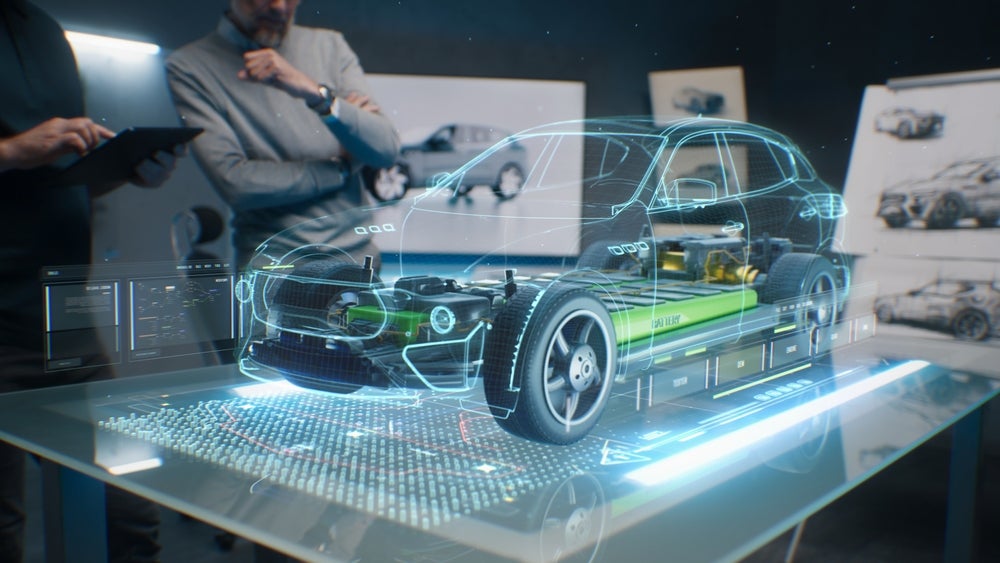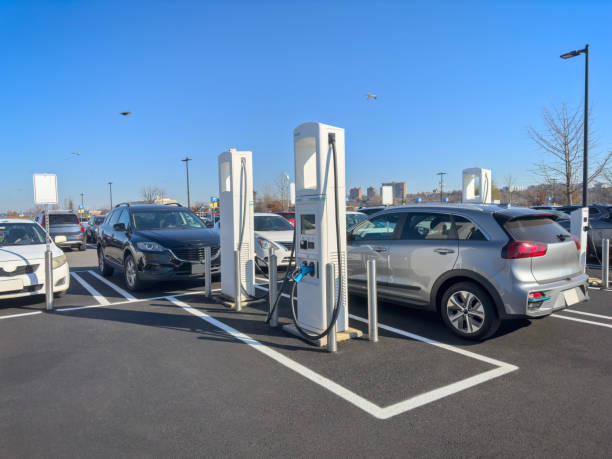
A House of Commons Transport Committee (HCTC) report title The Motoring of the Future has found that the Department for transport (DFT) is yet to implement a coherent strategy to link the development and implementation of new automotive technologies to achieve its wider policy goals.
By a coherent strategy, the HCTC said it meant one which included the following objectives:
– reduced or eliminated fatalities and serious injuries on roads;
– reduced emissions from road transport;
– increased road capacity through the use of technology rather than road building;
– protection for citizens against the risk of cyber-attack;
– enhanced social inclusion through more accessible road transport; and
– support for economic growth.
It noted the DfT Code of Practice from 11 February, but said the report did not go far enough in creating such a joined up strategy.
The report also highlighted feedback from Professor Oliver Carsen, University of Leeds, who said: "They are not identifying the big issues in advance; they are not mapping out a strategy for exploiting the technologies to meet policy goals, and that is what we
On the regulatory front, the HCTC welcomed the Government’s roadmap for changes to the legislative and regulatory framework, but warned "A failure to update legislation in line with the development of new technology may disadvantage the UK automotive industry."
How well do you really know your competitors?
Access the most comprehensive Company Profiles on the market, powered by GlobalData. Save hours of research. Gain competitive edge.

Thank you!
Your download email will arrive shortly
Not ready to buy yet? Download a free sample
We are confident about the unique quality of our Company Profiles. However, we want you to make the most beneficial decision for your business, so we offer a free sample that you can download by submitting the below form
By GlobalDataBeyond regulatory updates, the DfT should look at driver training, the report claimed, as there will be an increasing need to ensure drivers are up to date with the new technologies.
Other recommendations regarding autonomous cars included identifying technologies whose adoption should be accelerated and to create a range of incentives to increase the rate of adoption.
One area of concern highlighted was a potential cross over period when people will be driving both autonomous and manual vehicles. Edmund King, AA president said: "The report rightly points to potential problems of a transition period on the roads. There is a potential nightmare scenario whereby robotic driverless cars are fighting for space with cars with humans behind the wheel and indeed semi-autonomous cars with no one totally in control.
"We really need a safe vision for the future whereby all vehicles and all road users, can coexist in harmony. This vision will entail Government, manufacturers, insurers and indeed drivers agreeing the way ahead.
The report also looked at the collection, governance and use of data, and called for a review of current rules and guidance on access to fleet and driver information and the rights of drivers and other third parties.
Gerry Keaney, chief executive of the British Vehicle Rental and Leasing Association, said:" "The UK has some of the world’s brightest automotive talent, but we urgently need some joined up government thinking if this country is to use this potential.
"As the buyers of over half of all the cars, vans and trucks sold in the UK every year, the fleet market is a crucial early adopter of autonomous and connected vehicle technology.
"BVRLA members are already using telematics, big data and car sharing technology to transform the way people use and access vehicles. With the right government support, the potential to reduce harmful emissions, road casualties and congestion is huge."
King said: ""New technologies offer the prospect of cleaner, safer and cheaper motoring. Better electronic communication, allowing cars to talk to those that can assist them, means that drivers in distress on the roadside stay connected to and not cut-off from help.
"However, government agencies and companies that facilitate these new technologies must always keep in mind: what works for the boffins may be baffling for the motorists. What may be a quantum leap in auto sophistication may be a leap of faith too far for the average driver."







